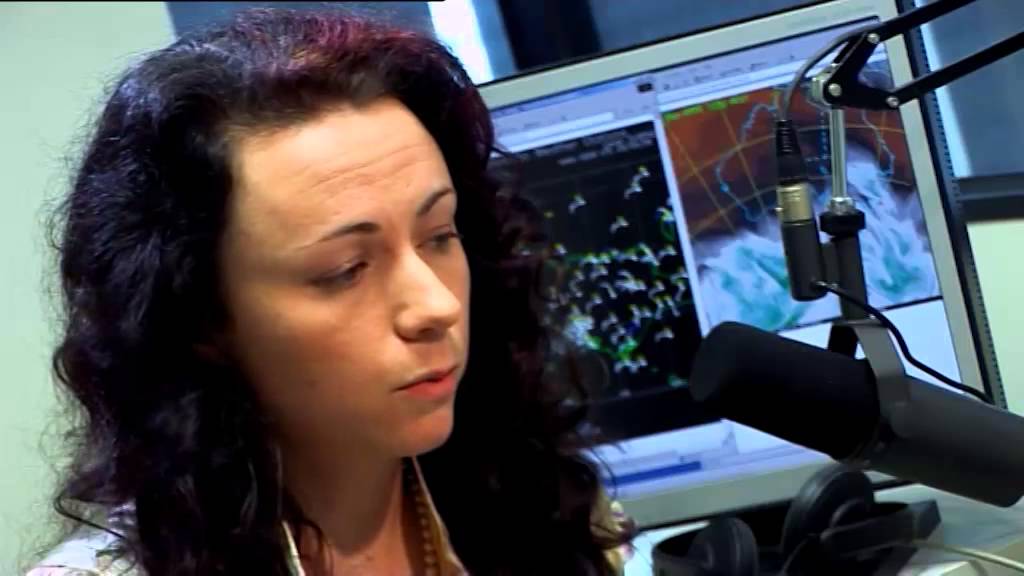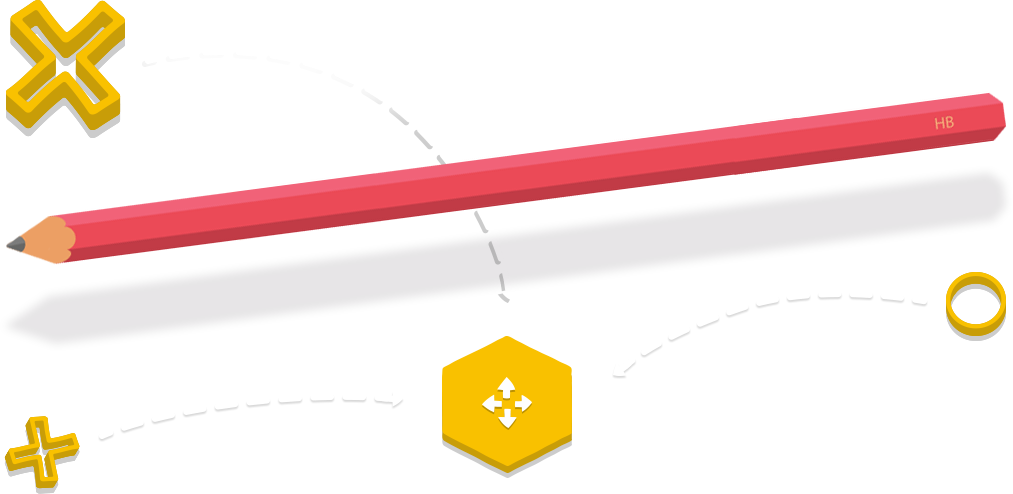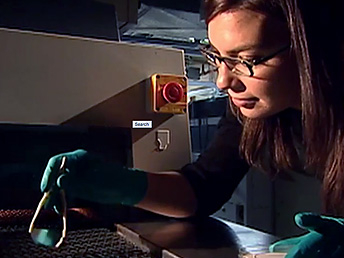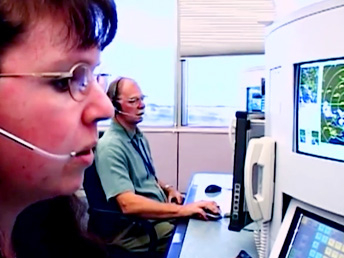
Severe Weather Meteorologist
As a meteorologist you analyse the atmosphere and how it effects the Earth’s surface. It is your job to provide forecasts, warnings, information and advice on weather and the climate. You can also cover fire forecasting during summer to inform fire authorities and assist with their operations.


What the job looks like
Salary expectation
starts at $53,372 up to $75,139+

The good
- The responsibility of protecting people
- Learning about the weather and its impact
- Opportunity to be posted around Australia for work
- Each day can be different
The not so good
- The consequences of making a bad decision or miscalculation
- Tough competition for jobs
The weather effects everybody, everyday around the world. Meteorologists forecast the weather for particular areas and are responsible for detecting any severe conditions like cyclones or fires. This information is then used for weather forecasts or news alerts and can also be used to comment on climate change.
Your role involves analysing weather maps and taking into consideration the topography of the land as it may impact flood areas or fire spread. It is crucial you are accurate with your timings of factors like wind change or rainfall, as emergency personnel depend on your forecasts.
You need a strong scientific technical foundation in physics and mathematics to understand and measure the weather. Understanding the atmosphere, pressure systems and solar radiation comes from physics.
If you have an interest in the weather, like working as part of a team and have good analytical skills, then a career as a severe weather meteorologist could be for you.
Watching the weather is so interesting. There is always something happening, I don’t see myself doing anything else.

Pathways to this career
Subject suggestions for the HSC
Choosing your HSC subjects from this list could really help with your career. Think carefully about what you want to study after school as you might need to choose specific HSC subjects for that course and to count towards your ATAR (Australian Tertiary Admission Rank). An ATAR is your academic rank in relation to other HSC students and helps with University admission.
HSC subjects
Some subjects will count towards your ATAR, others will not. Check with your career advisor before making subject selections.
- English (Advanced or higher)
- Mathematics (2 unit or higher)
- Physics
- Earth and Environmental Science
- Geography
What can I do after I have finished school?
University degrees
Studying one of these degrees can help with your career.
- Bachelor of Science
- Bachelor of Mathematics
Suggestions
Check out Bureau of Meteorology for more information
- Start paying attention to the weather. Turn on the nightly forecast to keep up to date with weather patterns
- Focus on the weather or climate for assignments where you can
- Do some of your own research in areas that interest you such as storms or ocean analysis
- Go to career expos and events like university Open Days for information about what you will study


